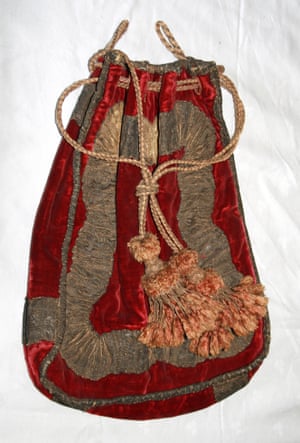So here’s our monthly selection of links to items you may have missed, but will wish you hadn’t. As usual we’ll start with the science-y stuff and go downhill from there.
Science, Technology & Natural World
Astronomers are still on the hunt for “Planet 9” which they think lies way beyond Pluto. And they’ve found a strange, but small, object – nicknamed “The Goblin” – which may provide more clues on where they should be looking.
At home, researchers are looking at the effects of climate change and rising sea levels, and asking which cities will sink into the sea first. The answer may not be what one would intuitively expect.
Talking of the sea, it’s long been thought that few things predated jellyfish, but this turns out to be wrong.

Meanwhile on land it is being suggested that cats are pretty useless at catching rats and prefer smaller prey. Well they had better not tell our felines that!
However the ability of crows to make tools is giving some insights into how the brain generally works.
I wasn’t sure whether this next item belongs here or under “Environment” but it is sufficiently technical I left it here … It is being suggested that we could store unpredictable energy, like solar and wind, using compressed air. It sounds crazy, but might work.
Health & Medicine
There’s a muscle-weakening disease popping up in America which affects children and looks a lot like polio (but isn’t). And weirdly it seems to have a two-year cycle.
Are you like me and have problems with sleep? If so it may be that you’re over-tired.
Still thinking bout sleep, a researcher seems to have worked out why it is that we take so long to wake up and get going in the mornings. And that caffeine doesn’t actually help.
But then it is being recognised that people sometimes just give up and die.
At the other end of the spectrum, there are women who suffer from tokophobia: an extreme fear of pregnancy and childbirth.
Finally in this section, here’s a piece about the medicinal leech and how to farm it. They’re strange beasties with 10 stomachs, 32 brains and 18 testicles!
Art & Literature
No good adventure story, and many others, would be complete without a good map. Here a few writers tell of their favourite literary maps.
History, Archaeology & Anthropology
There’s a puzzle in ancient historical research: how do we know which historical accounts are true? And as one professional demonstrates it isn’t as simple as all oral history is make-believe.
Opium has been known and used for more than 7,000 years. There’s a new book Milk of Paradise: A History of Opium by Lucy Inglis, reviewed in History Today.
 King Henry I is said to have died of a surfeit of lampreys, and now archaeologists in London have found lamprey teeth in a medieval layer near the Mansion House. Although lampreys were a medieval delicacy, their teeth are rare (these are the first found in London, and only the second in the UK) as they are made of keratin (like nails and hooves) rather than dental enamel.
King Henry I is said to have died of a surfeit of lampreys, and now archaeologists in London have found lamprey teeth in a medieval layer near the Mansion House. Although lampreys were a medieval delicacy, their teeth are rare (these are the first found in London, and only the second in the UK) as they are made of keratin (like nails and hooves) rather than dental enamel.
Someone has found an old red velvet bag (right) in a Tudor house once occupied by Walter Raleigh’s son and widow. They think it may have been used to carry around Raleigh’s mummified head. It looks more like a 1970s girl’s gym kit bag to me!
London
Have you ever wondered just how much stuff any city transport system actually owns. Here Diamond Geezer looks at Transport for London’s assets, and the scale is somewhat frightening!
Lifestyle & Personal Development
One scientist is annoyed that the likes of the media won’t recognise that her doctorate confers the title “Dr” – because she’s not medic. I find the medical profession are the worst offenders in this regard.
We all doodle, at least sometimes. It turns out your doodles could be important and meaningful.
The ability to do simple, “order of magnitude”, calculations on the back of an envelope is important for learning, verifying your answers and demystifying things like geological time. It is something I was taught, at school as a teenager, to check if answers to science/maths exam questions were likely to be right – and it has turned out to be an invaluable skill.
And finally this month … A Buddhist look at trigger warnings and fixing the world. TL;DR: don’t.
